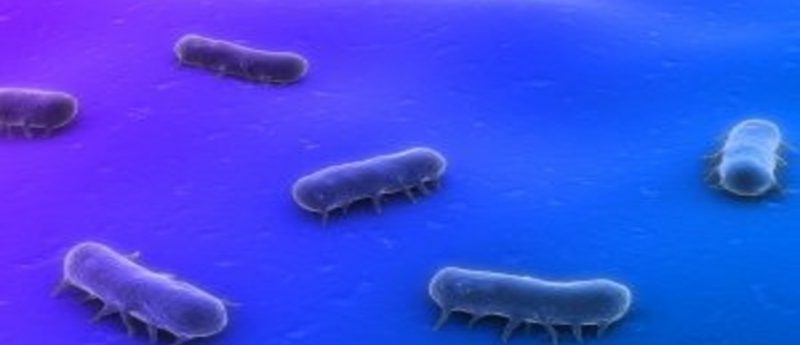Diversity of gut bacteria linked with response to immunotherapy in melanoma

Diversity of gut bacteria has been linked with response to immunotherapy in individuals with advanced melanoma in new research.
In the study, which was presented this week at the National Cancer Research Institute’s Cancer Conference (6–9 November 2016, Liverpool, UK), investigators from the University of Texas MD Anderson Cancer Center (TX, USA) analyzed > 200 mouth and > 100 gut microbiome samples from individuals with advanced melanoma.
Their investigations indicated that the individuals who responded to immunotherapy had greater diversity of bacteria in their gut. Additionally, the MD Anderson team highlighted significant differences in the type of bacteria found in the gut of those whose cancer responded to immunotherapy versus those with unresponsive disease.
Preclinical research has previously indicated that altering the intestinal flora in mice can improve responses to immunotherapy, but this investigation represents one of the first to explore this link in cancer patients.
These results imply that creating adaptations to gut bacteria via methods such as giving antibiotics, probiotics, or a fecal transplant before immunotherapy could increase the efficacy of the treatment. However, this theory requires significant further investigation in clinical trials.
“Our research shows a really interesting link that may mean the immune system is aided by gut bacteria when responding to these drugs. Not all patients respond to immunotherapy drugs and it’s hard to know who will benefit from the treatment prior to it being given,” commented lead author Jennifer Wargo (University of Texas). “The gut microbiome can be changed through a number of different strategies, so there is real potential here to modify the gut microbiome to boost an immunotherapy response.”
Source: Cancer Research UK press release



